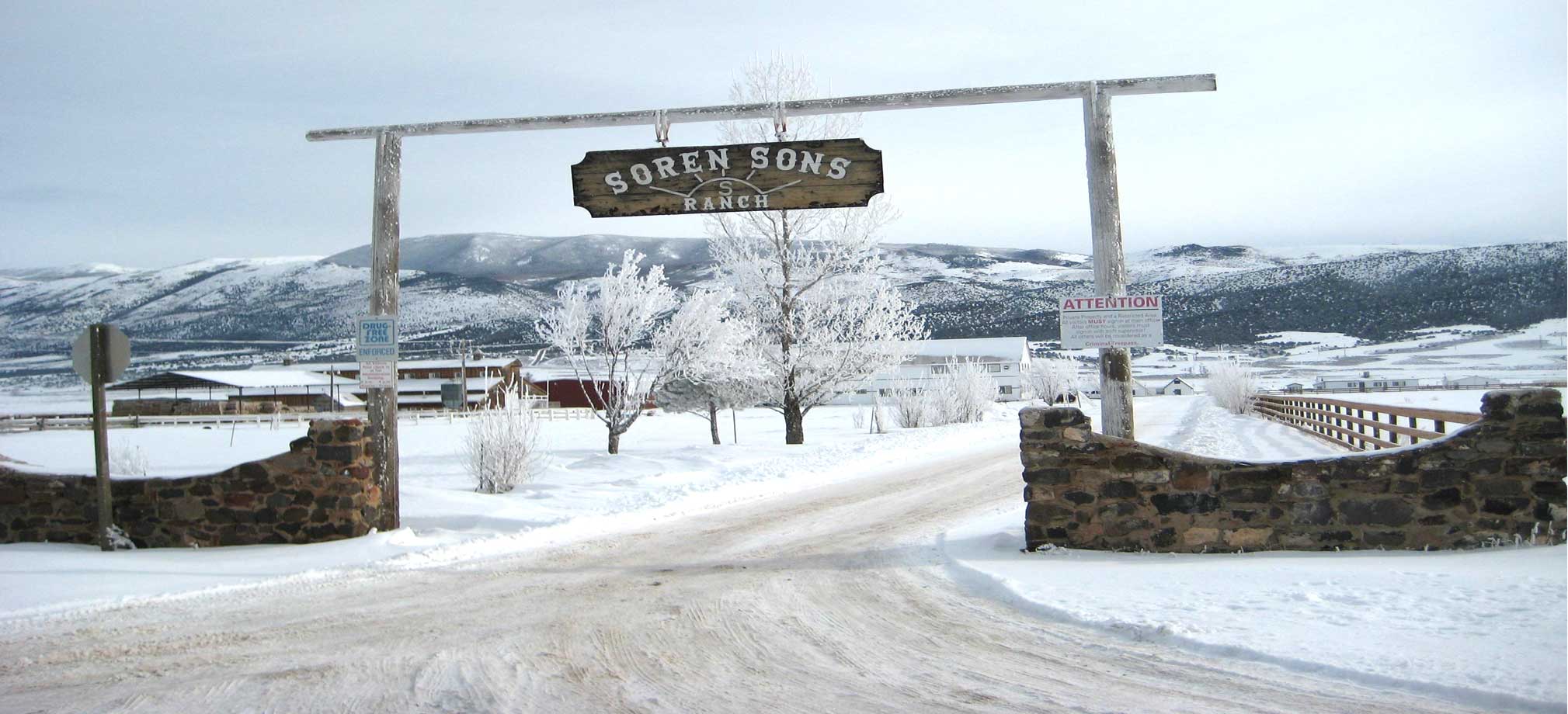
Our program focuses on a holistic approach to treatment, addressing the physical, emotional, and spiritual needs of each client.
The length of the program varies depending on the individual needs of each client, but most stay for a minimum of six months.
We offer a variety of therapeutic modalities, including individual therapy, group therapy, family therapy, and experiential therapies such as equine therapy and adventure therapy.
Yes, our program is co-ed, and we have separate living quarters for boys and girls.
We maintain a low staff-to-client ratio to ensure that each client receives personalized attention and support.
Yes, we encourage parental involvement and offer regular family therapy sessions.
The admissions process includes an initial assessment, a review of the client's history, and a determination of the appropriate level of care.
The cost of the program varies depending on the length of stay and level of care required. We work with families to explore insurance options and financial assistance.
Clients should bring basic clothing and hygiene items, such as six t-shirts (no solid black, red, or blue), five pairs of jeans, sweatshirts, one light jacket, ten pairs of underwear, ten pairs of socks, two to three bras, one pair of pajamas/sweatpants and a shirt for sleeping, one modest one-piece swimsuit (not white), one pair of sunglasses, one heavy coat, one pair of tennis shoes, one pair of sandals for summer (no heels higher than one inch), one pair of hiking boots, and two pairs of shorts (no more than three inches above the knee). Parents can consult the Clothing Policy in the Parent Manual for more details or on sorensonsranch.com.
We are not affiliated with any religion. Our clients come from diverse religious backgrounds. We offer optional non-denominational services on campus a few times a month. Clients in addiction recovery or support groups are encouraged to find strength in a higher power.
Our campus is a drug-free zone. Smoking, drugs, and alcohol are strictly prohibited for both clients and staff.
We operate a co-ed program with a strict "no physical contact" rule, ensuring a safe and respectful environment, more secure than typical home, neighborhood, or public-school settings.
We do not offer a "quick fix" but focus on meaningful, long-term change. Our therapeutic setting emphasizes ranching, farming, camping, and country living, teaching students new, positive ways of living. Many of our clients go on to college, trade programs, or other fulfilling paths, gaining life-enhancing experiences.
Yes, students can earn a high school diploma or transfer credits to another accredited high school. We offer all required courses for graduation and provide support for students who have fallen behind, including online courses, special education classes, small class sizes, and numerous hands-on learning opportunities.
You can write letters or send emails through the parent portal as soon as your child enters the program. Our clients are encouraged to write back. Weekly phone calls are offered, with durations based on the client's level. This schedule does not include therapy calls, which are conducted separately.
In our residential setting, therapists have the opportunity to interact with clients both in and out of formal therapy sessions. Clients receive one individual session per week and attend group therapy sessions up to four times each week. Group therapies may include Grief Therapy, Anger Management, Dialectical Behavioral Therapy (DBT), Adoption, Peer Support, Life Skills, Prevention/Intervention, and NA, among others. Family therapy sessions are also conducted as recommended. Sorenson's Ranch Treatment Facility integrates therapy into almost all activities, recognizing the therapeutic value of outdoor experiences, such as spending time on horseback or around a campfire.
